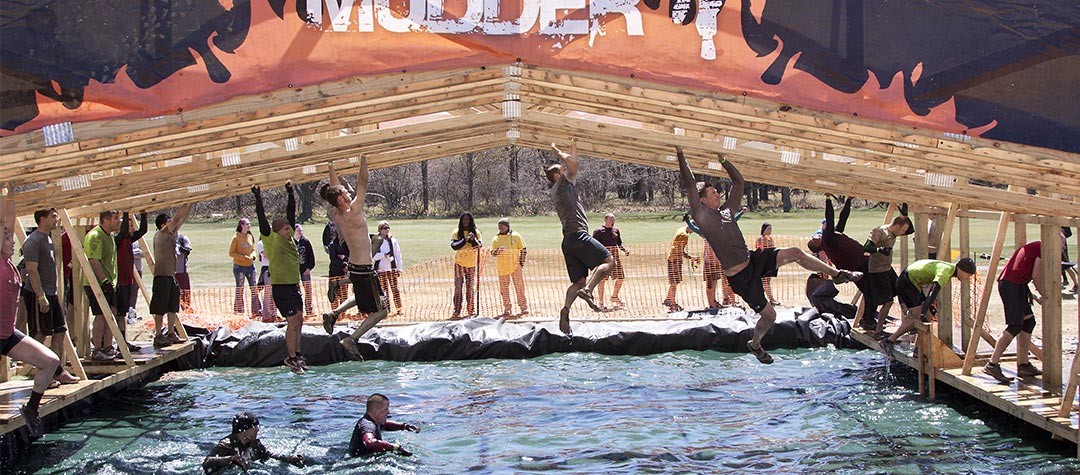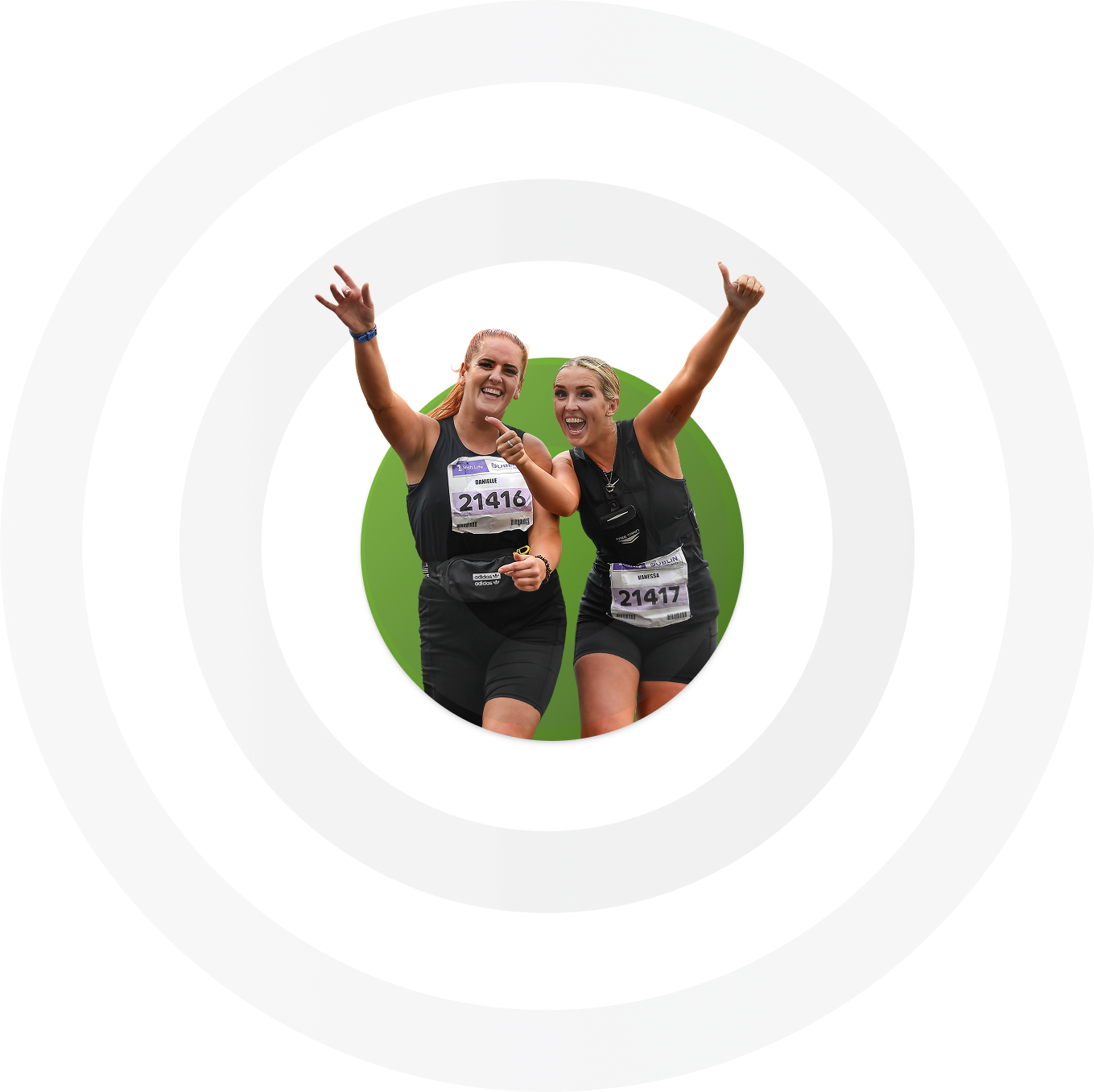No matter what the sport or your ability, one of the most important aspects of competing in a sporting event or during your training, is to have the right frame of mind.
The mind is a powerful thing and can often be the difference between an average attempt and a worthy win. With these following tips, you’ll have a medal mindset worthy of the biggest sporting stars.
1. Visualise your goals
Some may find using their imagination a challenge, but having the ability to envisage goals, whether it’s a personal best or a gold medal, could help you achieve your sporting objectives. To help you do this, perhaps take a leaf out of tennis pro Andy Murray’s book and visit the location of your competition or tournament before the event. Murray admits to sitting alone at Wimbledon’s famous Centre Court to reflect on past matches and think about his next tournament.
Take a quiet moment at the race track or swimming pool to think about the end result you hope to attain; you could picture the trophy or medal, the cheering crowds, or simply a loved one’s face when they see you achieve a personal goal. Those running a marathon often think about a luxury they can enjoy post-race , such as a massage or cold beer.
2. Motivating music
Getting yourself pumped up to some rock, pop or even classical music before your race or competition could just give you the boost you need. Try listening to your favourite song while you train and then again before you compete – but make sure you choose a suitably goose bump-inducing, adrenaline-provoking tune to give you that medal mindset. You could even try walking onto the tennis court still wearing your headphones a la Andy Murray, or make like middle distance runner Kelly Holmes who achieved double gold in 2004 to the sound of Alicia Keys.
Some runners even use music to synchronise with their stride lengths, which studies have shown increases endurance by 15 per cent, with the power of music even proving to lower the perception of effort.
3. Focus your breathing
As simple as it may sound, focusing on your breathing could land you in the medal mindset you need in order to achieve your goals. Using a calming breathing method such as the yoga technique of pranayama, could centre your mind and help ease nerves, which will hopefully give you an edge when your sporting moment comes. To practice this ancient breathing technique, you must alternate which nostril you breathe in and out of, by blocking one nostril at a time with your thumb.
Using this technique has been shown to steady the mind and strengthen willpower and focus, so it could just be the medal mindset method you need to adopt.
4. Develop your own ritual
It’s not unheard of for winning athletes to have their own unique routine which they rehearse each time they compete. Serena Williams ties her shoelaces a certain way before every tennis match and bounces the ball five times before her first serve and twice before her second; while former England goalkeeper David James used to avoid speaking to anyone before a match – if it can work for these successful sports personalities then it could work for you. Rituals can provide comfort and reassurance in times of stress, which is why heptathlon gold medallist Denise Lewis would lay every piece of her kit out the night before a competition.
It’s about finding your own anchor that prepares your mind for the challenges ahead. Find your own personal routine – just anything that feels ‘you’. Whether that’s, wearing a particular kit, reciting an inspirational quote , or eating chicken nuggets and watching TV like Usain Bolt, having a medal mindset is about what works for you as an individual.
5. Keep your focus
Whether you’re competing in a swimming race, a sports day or a tennis tournament, it can be all too easy to let the pressures of those around you and the overall nerve-wracking atmosphere get the better of you. While it’s encouraging to hear your name being chanted in support, you may find that it’s a distraction when it comes to crunch time. Therefore, learning to focus your thoughts and concentration on a fixed thing might improve your mindset. Sailing gold medallist Ben Ainslie once described how he would busy himself before a race to prevent him from worrying and becoming distracted; this ‘tunnel vision’ approach he described also involved avoiding talking to his rivals, as he didn’t want emotion to get in the way.
Cycling gold medallist Sir Chris Hoy used to use a similar technique of focusing, by keeping his conscience in the here and now and honing in on the task in hand, rather than thinking too far ahead about future races.






